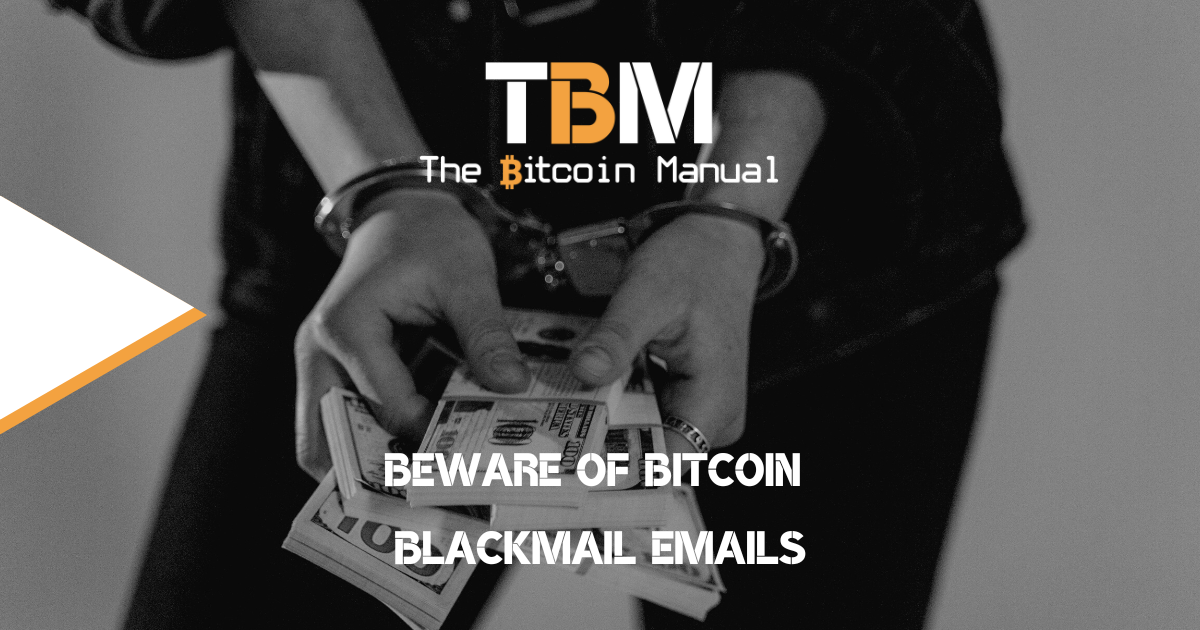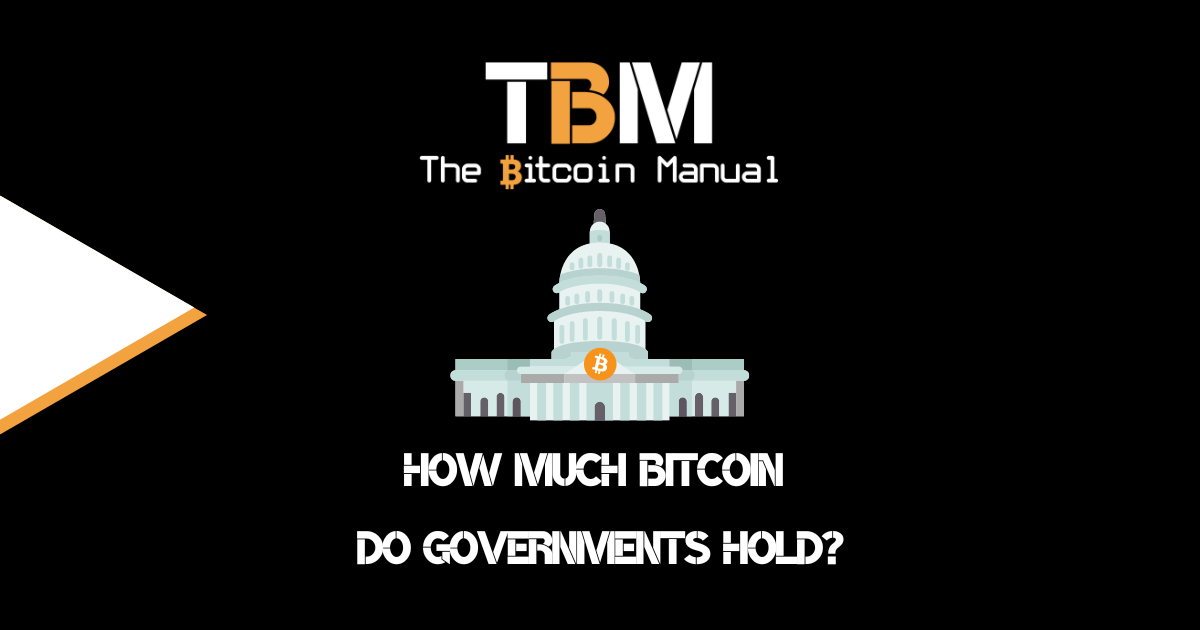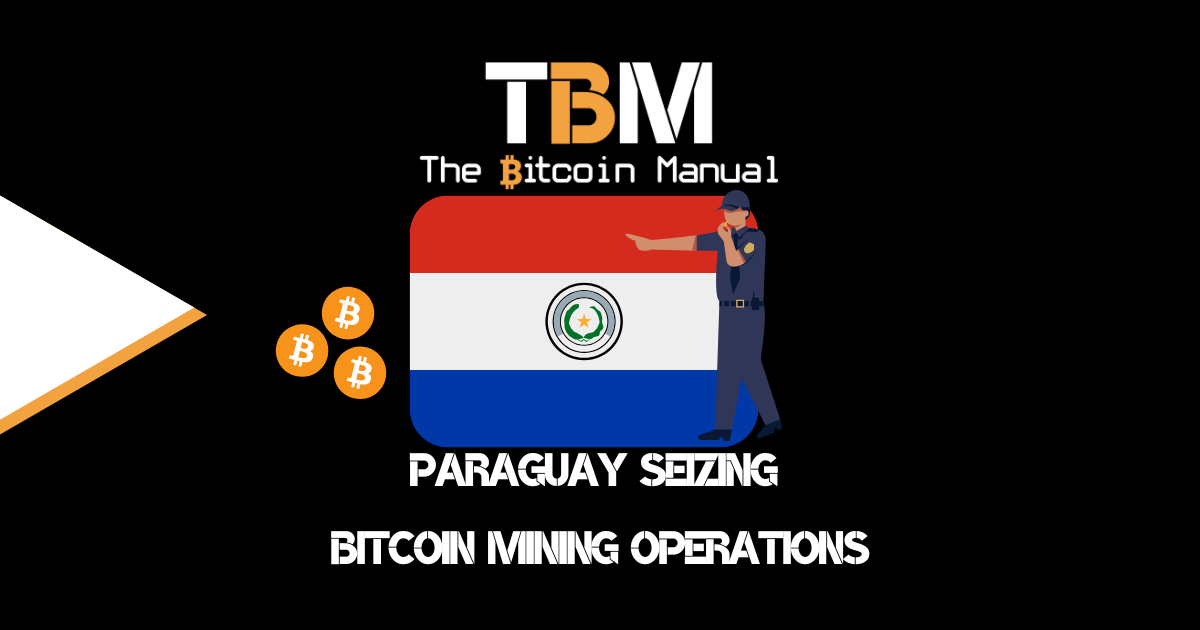Every day, billions of emails make their way across the internet, the vast majority being complete trash captured by spam filters and junk mail boxes, but every so often, one finds its way through. When an email from a strange contact hits your primary inbox, some of us would consider it an anomaly that our spam filters missed, delete it and move on with our lives, no harm, no foul.
Others might have a different initial feeling and think it is a legitimate request because it made it through to your primary inbox. Suppose you’re not the most tech-savvy individual, and an image with the subject line.
I RECORDED YOU!
Hits your screen, you open it (first mistake) and see that the sender claims that your account has been hacked, asserting full access to all your accounts, computer, cloud and files.
They’ve looked through your device and found images or recorded you, and the threat is that these alleged videos of you in compromising situations are ready to be broadcast to your entire contact list unless a ransom in Bitcoin, totalling around USD 1400, is paid within a specific timeframe. That’s one expensive wanking session and the basic plot of Black Mirror Season 3 episode Shut Up and Dance.
If you’re not regularly plucking yourself in front of your PC or this is your work email, you’re probably having a laugh, but those with a guilty conscious might have been triggered and now sit in front of the screen in a cold sweat, yes you filthy bugger, at least tape your webcam when you’re pornhubbing.
How do I know all of this? Because I am one of the people who received these kinds of emails. Yes I am Peter penis puller!
Recently, there has been a surge in Bitcoin blackmail email scams. Not only because Bitcoin has grown in value and provides an irreversible medium of exchange for scammers but because email lists from Bitcoin and crypto companies aren’t exactly well protected. There have been leaks of lists throughout the years, and as they cycle around the internet, scammers look for new ways to spam these lists, hoping to turn a profit.
These scam spammers usually start with a broad approach with tactics like:
- Fraudulent ICOs
- Phishing attempts
- Ponzi schemes
- Giveaways, Sweepstakes and competitions
And then eventually graduating towards blackmailing for a hard sell approach.
What are Bitcoin blackmail emails?
These scams typically involve a scammer sending an email to a victim claiming to have compromising information about them, such as a video of them watching adult content. The scammer then threatens to release this information to the victim’s friends and family unless they pay a ransom in Bitcoin.
These scams can be very convincing, and they can be very distressing for the victims. However, it is important to remember that these scams are almost always fake. The scammers do not have any compromising information about you, and they are simply trying to scare you into paying them money.
Example of a blackmail email
Hi, today there are sadly some bad news for you.
Your device was infected with my private malware, your browser wasn’t updated / patched, in such case it’s enough to just visit some website where my iframe is placed to get automatically infected, if you want to find out more, Google: Drive-by exploit.
My malware gave me full access to all your accounts, full control over your device and it also was possible to spy on you over your cam.
If you think this is some bad joke, no, I know your password: startup
I collected all your private data and I RECORDED YOU (through your cam) SATISFYING YOURSELF!
After that I removed my malware to not leave any traces and this email was sent from some hacked server.
I can publish the video of you and all your private data on the whole web, the darknet, social networks, over email and send everything to all your contacts.
You can stop me and only I can help you out in this situation.
The only way to stop me, is to pay exactly $1400 in Bitcoin (BTC).
It’s a very good offer, compared to all that horrible shit that will happen if I publish everything.
You can easily buy Bitcoin (BTC) here: www.paxful.com , www.coingate.com , www.coinbase.com , or check for Bitcoin (BTC) ATM near you, or Google for other exchanger.
You can send the Bitcoin (BTC) directly to my wallet, or install the free software: Atomicwallet, or: Exodus wallet, then receive and send to mine.
My Bitcoin (BTC) wallet is: 1CK41adce6KuM3UM2eySnzUyR9SAJnf4wu
Yes, that’s how the wallet / address looks like, copy and paste it, it’s (cAsE-sEnSEtiVE).
I give you 2 days time to pay.
As I got access to this email account, I will know if this email has already been read.
After receiving the payment, I will remove everything and you can life your live in peace like before, don’t worry, I keep my promise.
Next time make sure that your device got the newsest security updates.
ClientMailID: 4014481
Scammer email copy
Note: I do appreciate them guiding me in how I should acquire Bitcoin, giving me both P2P and KYC exchange options; how very thoughtful.
Seems like they’ve had some success
Being the curious little customer, I decided to check out the wallet address they provided. While it’s currently empty, it does have a history of receiving 10 million Satoshis or 0.1 Bitcoin, which isn’t too bad for a dishonest day’s work.
We also don’t know if these syndicates are using multiple addresses, so we cannot assume this is the only one, and they could be getting even more donations from the vulnerable people they target.

What to do if they’re blackmailing you?
If you are entangled in one of these scams, and you’re wondering if it’s legit, it’s probably not; if it is, you can wait to see your videos on social media, right?
This is not to say there aren’t legitimate ransomware scams and hacks going around, which should be taken seriously if you no longer have access to your computer. But if it’s just an email that managed to make it through to your inbox, it’s likely an empty threat.
If you have received a Bitcoin blackmail email scam, don’t panic. It is important to remember that you are not alone. These scams are becoming increasingly common. If you’re worried, I would recommend
- Checking the email address, where it is coming from and flagging it as spam so follow-ups don’t come through.
- Copy the contents of the mail and paste it into search and see if others are talking about the scam.
- Copy the wallet address, paste it into a block explorer, and see how many victims fell for the scam.
If you’re confident it is a hoax, here are some additional tips on how to protect yourself from Bitcoin blackmail email scams:
- Do not open any attachments or click on any links in the email. These attachments and links may contain malware that can infect your computer.
- Do not reply to the email. This will only confirm to the scammer that your email address is active, and they may send you more spam emails.
- Mark the email as spam and delete it. This will help to train your email filter to block similar emails in the future.
- Change your passwords for all of your online accounts. This will help to protect your accounts in case the scammer has actually obtained your password from a data breach.
- Report the scam to the authorities. Please provide the email address and public key they provided.
- Feel free to reach out for help. There are many organisations that can help you deal with online scams.
- Educate yourself about online scams. The more you know about these scams, the less likely you are to fall victim to them.
- Don’t send them your Bitcoin. Bitcoin transactions cannot be reserved, so avoid sending them money at all costs.
Do your own research.
If you want to learn more about Bitcoin scams, use this article as a jumping-off point and don’t trust what we say as the final say. Take the time to research, check out their official resources below or review other articles and videos tackling the topic.




